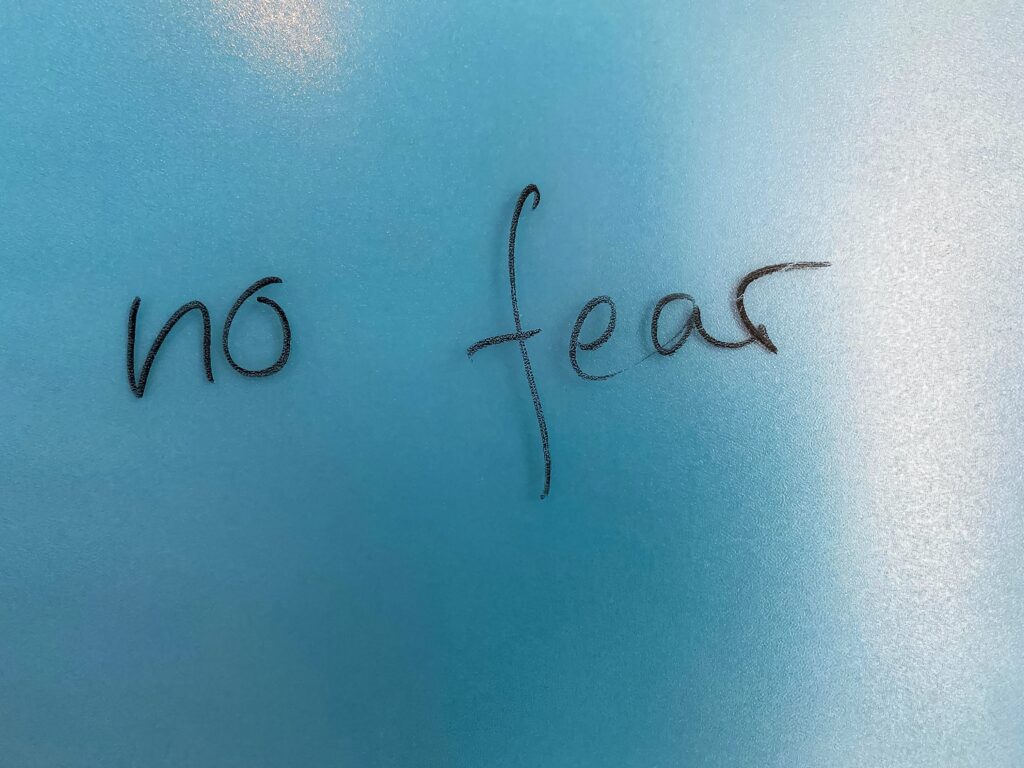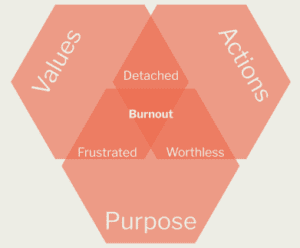
Understanding Blame Culture
What is a blame culture?
Blame ‘to feel or declare that (someone or something) is responsible for a fault or wrong’.
When we were children, pointing the finger at someone else and deflecting blame made perfect sense. Why would you not avoid punishment if you could? It was a knee jerk reaction for most of us in kindergarten, even if the evidence against us was painfully obvious. We just couldn’t help ourselves, lobbing the attention over to our arch enemy and running in the opposite direction. And to make matters worse, according to the authority figure doing the questioning, the punishment would have been much less severe, if we had owned up in the first place. Those who blame do it out of fear. Fear of the consequences, fear of losing their importance, fear of being misunderstood and of being seen as incapable or inadequate. Fear, in turn, ignites an automatic fight or flight reaction. As adults we are expected to have gained a moral compass, humility and a sense of emotional propriety in the workplace but it doesn’t mean those instincts arent still there..and when we feel we have been caught by surprise and backed into a corner that fight or flight rises its head to meet our accuser.
The reaction we get as adults is similar to the emotional process we go through when we receive negative feedback. This process is often referred to as the SARA model. SARA stands for Shock, Anger, Resistance and Acceptance. If we can allow ourselves to go through each of these, recognising that at some point we will reach acceptance, then we can come out with our heads held high and resist the urge to defend, to blame. But it’s not easy, especially not in the moment when the red mist rises.
Blame culture, however, is a bigger beast than a childish instinct to bat the fly of accusation across the room. A blame culture manifests when there is little or no accountability, responsibilities are fuzzy and mistakes are seen as failure. Blame stifles productivity, innovation and quality of work. It dissects the workplace’s social structures, causing unhealthy competitive tendencies to set in and removing trust. Employees begin to feel a lack of motivation to succeed and to make an impact, people listen less and learn to protect themselves rather than allow vulnerability. Nobody takes any risks and innovation, creativity and play is suffocated
Often, in this kind of environment a particular group/team or individual is singled out and blamed for regularly causing mistakes or bad feelings. They become the scapegoat. In this scenario, you will find that people become more and more unwilling to accept responsibility and to take on anything other than that which they are employed to do at its barest minimum. Blame begats blame and the duelling tribe culture thrives and grows.
What causes a blame culture?
Lack of emotional support and a ‘hands off’ top down leadership approach is one of the main causes of a blame culture. Where employees feel unheard, unseen and uninvolved. It’s not enough to invite your workforce to a business review every 6 months; your senior team on stage presenting the same but different statistical slides and talking the ‘audience’ through what management has planned for the next 6 months. Your teams need a more transparent and inclusive approach to sharing information and bringing everyone along for the ride. As employees we need to know that what we do makes a difference; that our contribution is part of a bigger machine that knits together, no one of us is more important than the other. Big organisational changes or decisions, shouldn’t come as a surprise and shouldn’t become a whispering campaign that breeds gossip and speculation.
Another factor of a blame culture occurs when the management of a grievance or of behaviour that is influentially transgressive or breaks codes of conduct is not dealt with consistently and fairly. I.e accusations or observations not being investigated properly, grievance policy not adhered to consistently and signs of preferential treatment. This automatically reduces the desire to work hard and ‘do the right thing’ when bad behaviour occurs, ‘why bother when nothing gets done about it?’
Equally, an inconsistent recruitment process is another factor of blame culture, it can have a detrimental effect not only to the department/team involved but to everyone in the organisation. There grows a lack of trust in the decision makers and doubt about their abilities and knowledge, it costs the company hard earned money and time.
What are some of the results we might see of a blame culture?
Blame cultures have been found to result in:
- High staff turnover and difficulty in recruiting talent
- Apathy and ‘bare minimum’ working
- Lack of ownership of decision making and responsibilities
- Lower levels of performance
- A lack of creativity and innovation
- Employees taking more sick days and making less commitments
- Tribal behaviour; them and us
- Gossip and fear mongering
- Low morale and work satisfaction
So how do we stop this from happening in our organisations?
We know it’s not a quick fix, it will take time, but it’s worth it in the long run.
Call it out and get buy in:
Workplace blame culture is contagious and more often than not it stems from management protecting their reputation and therefore using someone in a less senior position to be their scapegoat and in turn, they do the same, leaving a dingy dead end for the most junior employees. If you know this is happening, make the decision to change your organisational culture and get buy-in from your entire organisation. You are going to need everyone to be on board and support the changes you want to make. Make it clear and transparent what you want to do and why. Explain the purpose for change, the benefits and the reason to the entire organisation at all levels. Let them see that you value them and their wellbeing and that you need their help. This will encourage trust and transparency and those who may be the worst culprits will find themselves exposed and in danger of being called out. Deal with them appropriately and gain the trust of those who are with you.
Leverage learning:
You can transform your work culture from blame to acclaim simply by encouraging ownership and learning that doesn’t lead to reprimand and shaming. Use problems and mistakes as opportunities to work together to find solutions. Everyone makes mistakes, it’s human, it is important to be human at work and for those in leadership positions to share their mistakes. This creates a psychologically safe environment where everyone is able to support each other and learn from, not shame errors and shortcomings. Filter down the need for feedback at the end of projects and milestones. Discuss what worked and didn’t, why they didn’t and how they can be improved. Use the talent and energy you already have to encourage knowledge sharing and supportive not suspicious behaviour. Teach your leaders and managers to approach problems with kindness and patience and remember that one negative outburst can set things back in an instant. So, if these setbacks happen, make sure they are treated as learning opportunities, too.
A new perspective:
It’s more often than not the process that has caused a mistake – not an individual. So encourage those who work in the weeds to talk about those processes and suggest different, better ways of doing things. As we have learned, blame kills accountability, so build into your culture a philosophy that asks for self reflection before hitting the blame alarm. A mistake happens, let’s look at the process. Where did it break down? Was there potentially something that we did that could have contributed to the mistake occurring? Is there a possibility that the mistake happened because the support wasn’t there? How can we ensure it doesn’t happen again? What safety measures can we as a team put in place to protect each other?
To thine own self, be true:
Know yourself. Change starts from the top. You will need to model the behaviour you are asking to see. Ask those you trust and value to give feedback to you about how they see you as a leader and the behaviours you emulate. You can not effectively ask employees to take accountability and responsibility if you do not do so yourself. A study for the 12 International Strategic Management Conference found that leadership competency through self-awareness and self-efficacy helps create organisation resiliency and increase employee satisfaction, higher profits, and lower turnover.
Ready to transform your workplace culture and put an end to the blame game? Recognise the detrimental effects of a blame culture on your organisation’s productivity and employee morale. Take action to create a positive and supportive work environment that fosters growth, innovation, and trust.













































